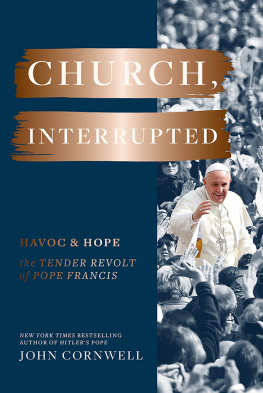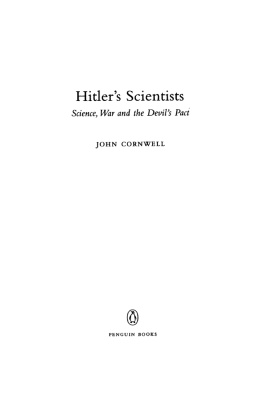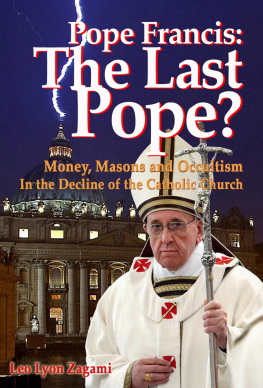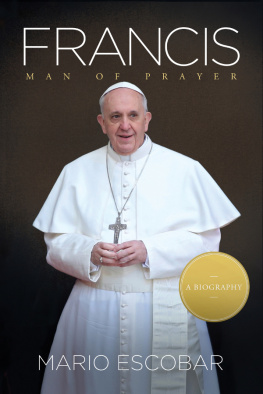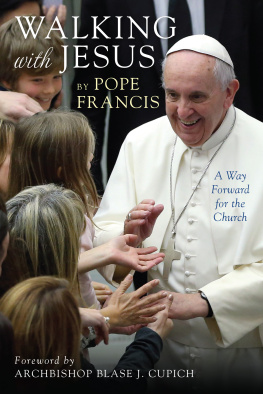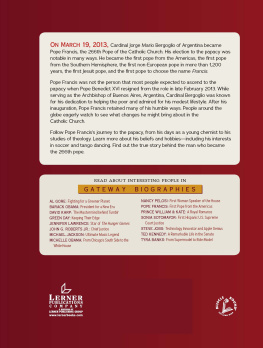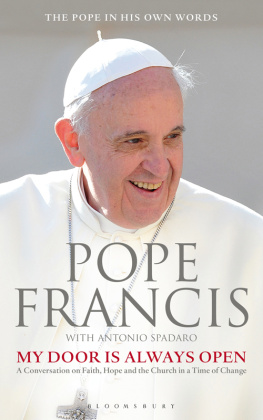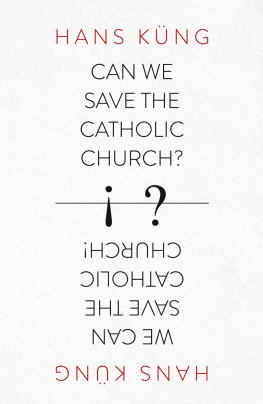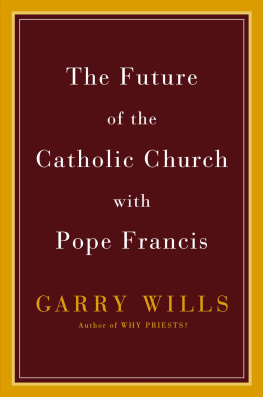John Cornwell - Church, Interrupted: Havoc & Hope: The Tender Revolt of Pope Francis
Here you can read online John Cornwell - Church, Interrupted: Havoc & Hope: The Tender Revolt of Pope Francis full text of the book (entire story) in english for free. Download pdf and epub, get meaning, cover and reviews about this ebook. year: 2021, publisher: Chronicle Books LLC, genre: Detective and thriller. Description of the work, (preface) as well as reviews are available. Best literature library LitArk.com created for fans of good reading and offers a wide selection of genres:
Romance novel
Science fiction
Adventure
Detective
Science
History
Home and family
Prose
Art
Politics
Computer
Non-fiction
Religion
Business
Children
Humor
Choose a favorite category and find really read worthwhile books. Enjoy immersion in the world of imagination, feel the emotions of the characters or learn something new for yourself, make an fascinating discovery.
- Book:Church, Interrupted: Havoc & Hope: The Tender Revolt of Pope Francis
- Author:
- Publisher:Chronicle Books LLC
- Genre:
- Year:2021
- Rating:3 / 5
- Favourites:Add to favourites
- Your mark:
Church, Interrupted: Havoc & Hope: The Tender Revolt of Pope Francis: summary, description and annotation
We offer to read an annotation, description, summary or preface (depends on what the author of the book "Church, Interrupted: Havoc & Hope: The Tender Revolt of Pope Francis" wrote himself). If you haven't found the necessary information about the book — write in the comments, we will try to find it.
Bestselling author, Vanity Fair contributor, and papal biographer John Cornwell tells the gripping insider story of Pope Franciss bid to bring renewal and hope to a crisis-plagued Church and the world at large.
With unique insights and original reporting, Cornwell reveals how Francis has persistently provoked and disrupted his stubbornly unchanging Church, purging clerical corruption and reforming entrenched institutions, while calling for action against global poverty, climate change, and racism.
Cornwell argues that despite fierce opposition from traditionalist clergy and right-wing media, the pope has radically widened Catholic moral priorities, calling for mercy and compassion over rigid dogmatism. Francis, according to Cornwell, has transformed the Vatican from being a top-down centralized authority to being a spiritual service for a global Church. He has welcomed the rejected, abused, and disheartened; reached out to people of other faiths and those of none; and proved a providential spiritual leader for future generations.
Highly acclaimed author John Cornwells riveting account of the hopefuland contentiousefforts undertaken by Pope Francis to rebuild the Catholic Church.
Well researched and brilliantly written, readers, scholars, and fans of John Cornwell will want to read his most controversial and compelling work yet.
More than a third of Americas 74 million Catholics said they were contemplating departure in 2018. It is estimated that over the past twenty years, the Catholic Church has been losing $2.5 billion dollars annually in revenues, legal fees, and damages due to clerical abuse cases. The decline in church attendance, marriages, and vocations to the priesthood and sisterhood tell a story of major decline and disillusion. Cornwell showcases Pope Franciss way forward, a hopeful message that gives reinvigorated reasons to stay with the church and help be the change the new generation would like to see.
For readers within and outside Catholicism fascinated by the future and restructuring of the church, this will be a book they want to read again and again as the church continues to change and grow.
John Cornwell: author's other books
Who wrote Church, Interrupted: Havoc & Hope: The Tender Revolt of Pope Francis? Find out the surname, the name of the author of the book and a list of all author's works by series.

